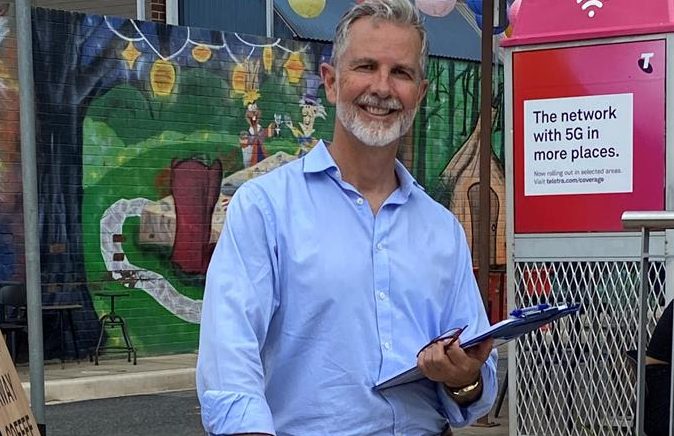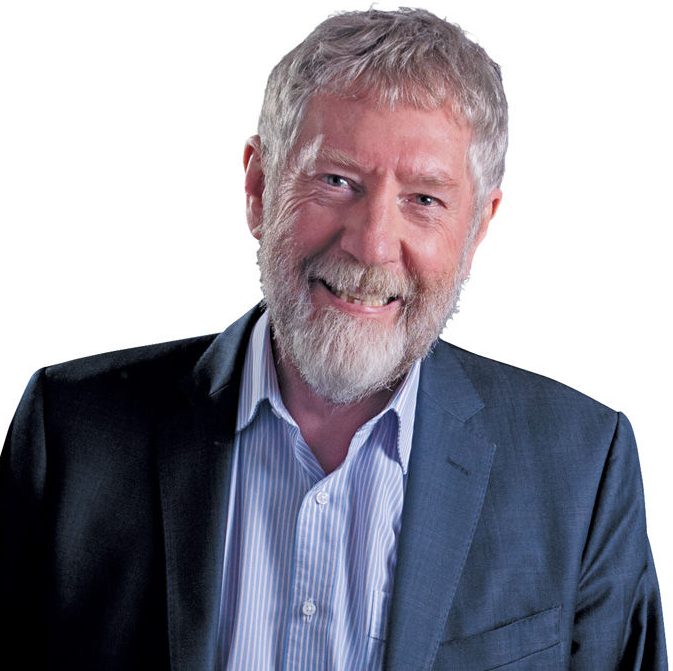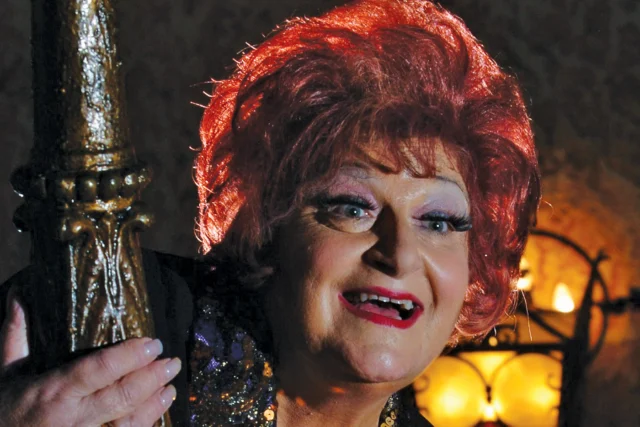
“The first thing Hanson’s petition can achieve is to exacerbate the already strong feelings of many Canberrans who oppose building stage two of the tram,” writes political columnist MICHAEL MOORE.
WHAT does Deputy Opposition Leader Jeremy Hanson hope to achieve with his petition to “stop the tram”? He does not have the numbers in the ACT Assembly.

Even if he gains a huge number of signatories, he knows the Greens and Labor parties will combine to ignore the petition.
Hanson is not ignorant. He is playing a multi-faceted political game that he knows will appeal to the residents of Canberra. The costs and inconvenience associated with the development of stage two of the tram from Civic to Woden are causing significant disquiet in the community.
He already has more than 3000 signatories on this petition. As part of the process of reaching out to the electorate he has the petition on his personal website and has widely distributed it through letterboxes. More recently, he has paid for a targeted Facebook advertisement.
Jeremy Hanson told “CityNews” that it is part of his responsibility, as an elected member, to inform his electorate about where he stands on issues.
In this case, it is an opportunity to explain why the Liberals have taken this stance on such an important policy issue.
The first thing Hanson can achieve by circulating a petition of this kind is to exacerbate the already strong feelings of many Canberrans who oppose building stage two of the tram. He is also able to tap into those who are uncertain, but are very concerned about the infrastructure project.
Those who are uncertain will often be swinging voters. Tapping into their concerns a little over a year out from the October 19, 2024 election encourages them to think about making a vote for the Canberra Liberals.
As part of the process, Hanson has used the opportunity to identify serious failings on the part of the Labor-Greens government. He hopes to reinforce these failures and embed them in the consciousness of Canberrans before the election.
The letterbox version has a QR code to the petition. It highlights the costs of “over $3 billion” and “a decade of traffic chaos”. It also draws attention to “failing city services” to “teacher shortages”, the “housing crisis”, “hospital waiting times” and to “police shortages”.
The downgrading of the AAA credit rating drew attention to the financial failures of the Barr government. This is not enough for Mr Hanson. In the preamble to the petition, he has drawn to the “attention of the Assembly” (and anyone who reads the petition) the fact that “the tram caused over $400 million to be ripped out of hospitals, and nearly $90 million from road funding”.
Of course, Canberrans are worried about the deterioration of the health system in the ACT. This petition puts the Liberals’ perspective that government failures are not just things slowly deteriorating. Failures are due to specific actions of the government in prioritising the construction of the tram over fundamental responsibilities such as health and education.
As its second point, the petition states “rates have increased at record levels”. He does not have to provide evidence. Any ratepayer will know that this has been the case and adds to the dissatisfaction with the government.
The third point in the petition is deliberately repetitive. It draws together the reasons for dissatisfaction with the government. “The ACT has a critical teacher shortage, longest hospital waiting times in Australia, lowest number of police per capita and massive debt”.
The petition then turns to the alternatives, taking on a positive spin about how the money could be spent with a more sensible decision on priorities. First, there is a better alternative than the tram. Electric buses. As the petition points out, “trams are much slower than existing buses”. Secondly, electric buses are “more affordable and environmentally friendly”.
Secondly, the Liberals’ position identifies “the funding could be better spent on better hospitals, better roads, more police and better schools”.
It is the role of oppositions to draw attention to the failings of governments. The use of this style of petition, along with the advertising and supporting material is simply one of the techniques that is used.
In this case, the material invites voters to sign. Then the preamble to the petition is hard-hitting and effective politics. We will have to wait until the next election to determine the effectiveness of this sort of approach.
Michael Moore is a former member of the ACT Legislative Assembly and an independent minister for health. He has been a political columnist with “CityNews” since 2006.
Who can be trusted?
In a world of spin and confusion, there’s never been a more important time to support independent journalism in Canberra.
If you trust our work online and want to enforce the power of independent voices, I invite you to make a small contribution.
Every dollar of support is invested back into our journalism to help keep citynews.com.au strong and free.
Thank you,
Ian Meikle, editor









Leave a Reply